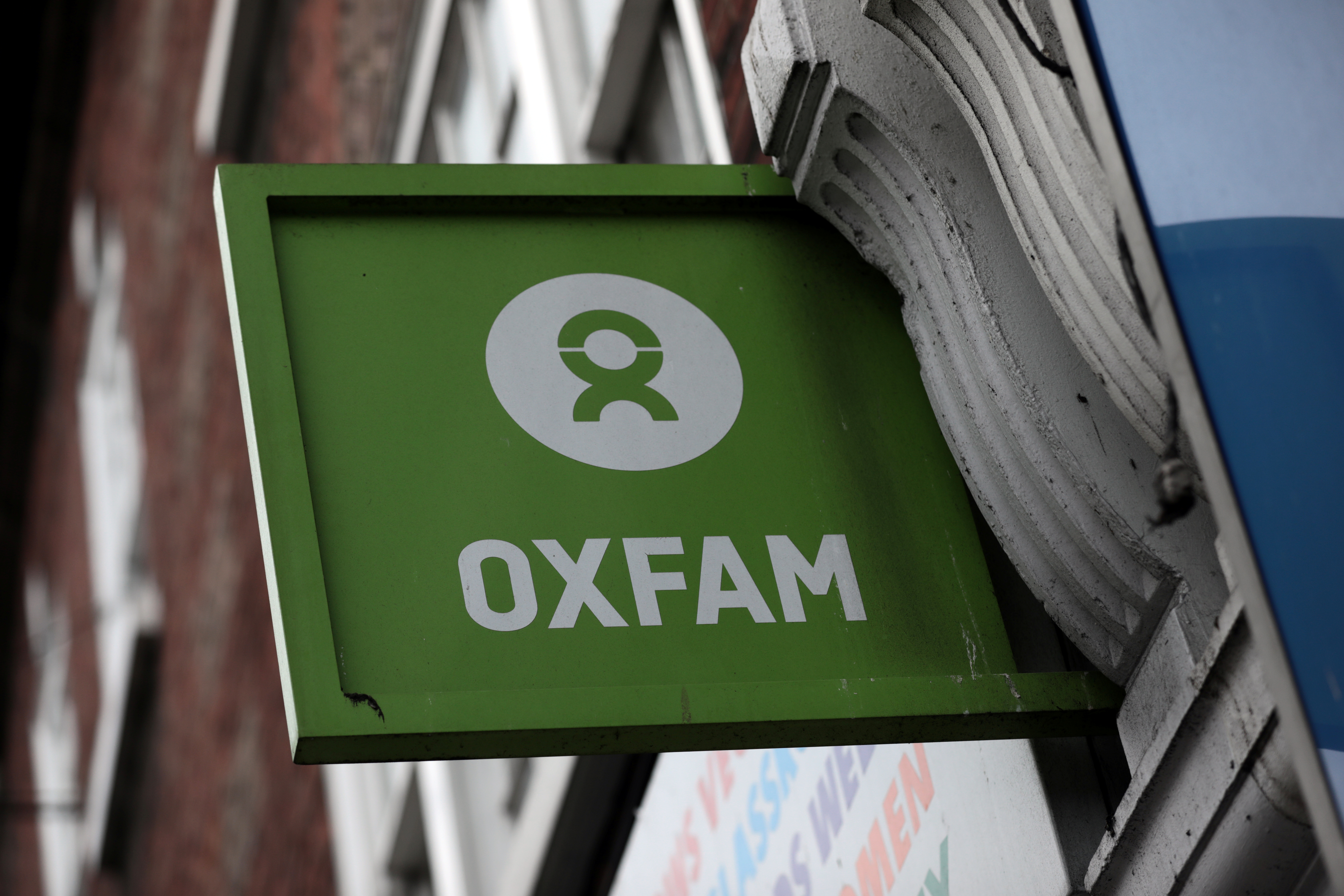
South Korea, Singapore, Tajikistan and the Maldives have made some of the biggest strides in tackling inequality during the COVID-19 pandemic, while Hong Kong experienced one of the sharpest declines, research by Oxfam International and Development Finance International has found.
Tajikistan saw the biggest improvement in government policies to fight inequality during the pandemic, jumping 37 places, according to the index released on Tuesday, followed by Maldives and Bhutan, which rose 33 and 30 spots, respectively.
Singapore and South Korea were the sixth and ninth-best improvers, jumping 27 and 22 places, respectively, according to the 2022 Commitment to Reducing Inequality Index.
Moldova, Morocco, Egypt, Mauritius and the occupied Palestinian territory also ranked among the top 10 biggest improvers.
Oxfam said Tajikistan’s improved ranking was due to increases in personal income tax, while the Maldives and South Korea had benefitted from the introduction of a progressive income tax and increased social spending and pension coverage, respectively.
Afghanistan, Togo and Honduras saw the biggest declines in the index, falling between 36 and 34 places, due to collapsing tax revenues and other factors including deteriorating labour rights for women and shrinking social spending.
Hong Kong, a semi-autonomous territory of China, dropped 26 places, the eighth biggest decline in the index after Bolivia and the Seychelles.
Norway topped the index overall for policies aimed at reducing inequality, followed by Germany, Australia, Belgium, Canada, Japan, Denmark and New Zealand.
Oxfam said rich and poor countries alike had exacerbated a rise in economic inequality during the pandemic, with the vast majority of governments cutting their shares of health, education and social welfare spending while declining to raise taxes on wealth.
“Our index shows that most governments have completely failed to take the steps needed to counter the inequality explosion created by COVID-19,” said Gabriela Bucher, executive director of Oxfam International.
“They ripped away public services when people needed them most and instead left billionaires and big corporations off the hook to reap record profits. There is some good news of valiant governments from the Caribbean to Asia bucking this trend, taking strong steps to keep inequality in check.”
The UK-based charity warned inequality would likely get worse as finance ministers meeting this week for annual gatherings of the International Monetary Fund and World Bank face pressure to commit to spending cuts to reduce debts and budget deficits.
“Government leaders in Washington face a choice: build equal economies where everyone pays their fair share or continue to drive up the gap between the rich and the rest, causing huge, unnecessary suffering,” Bucher said.







